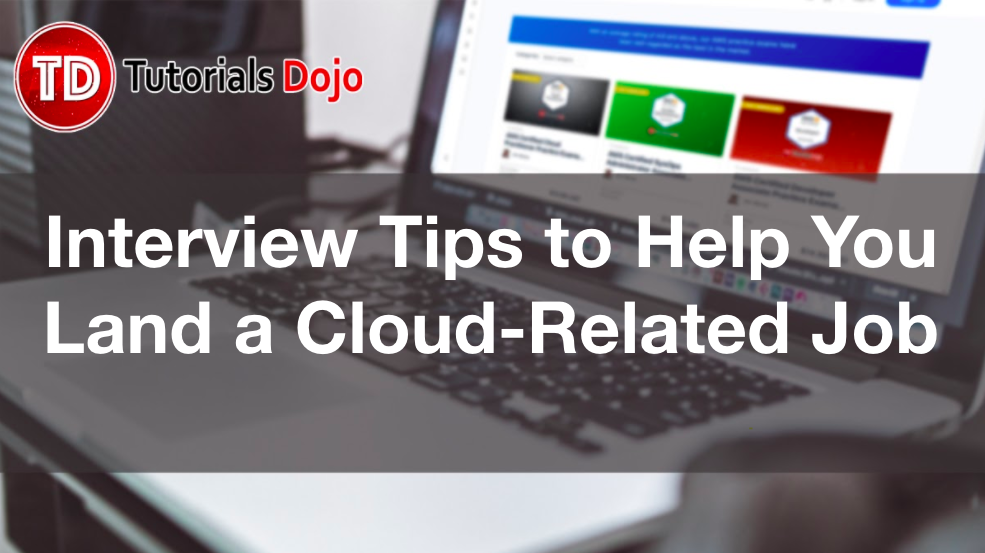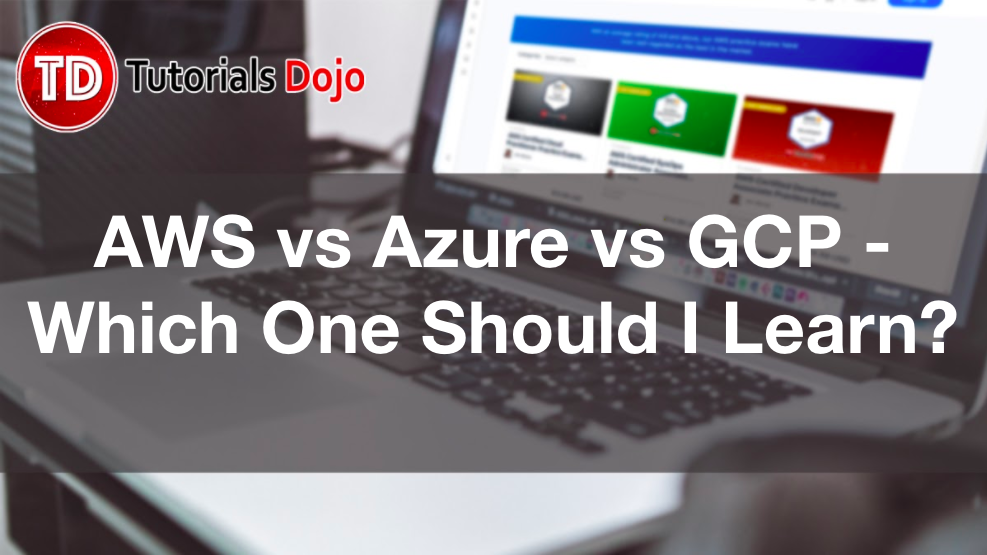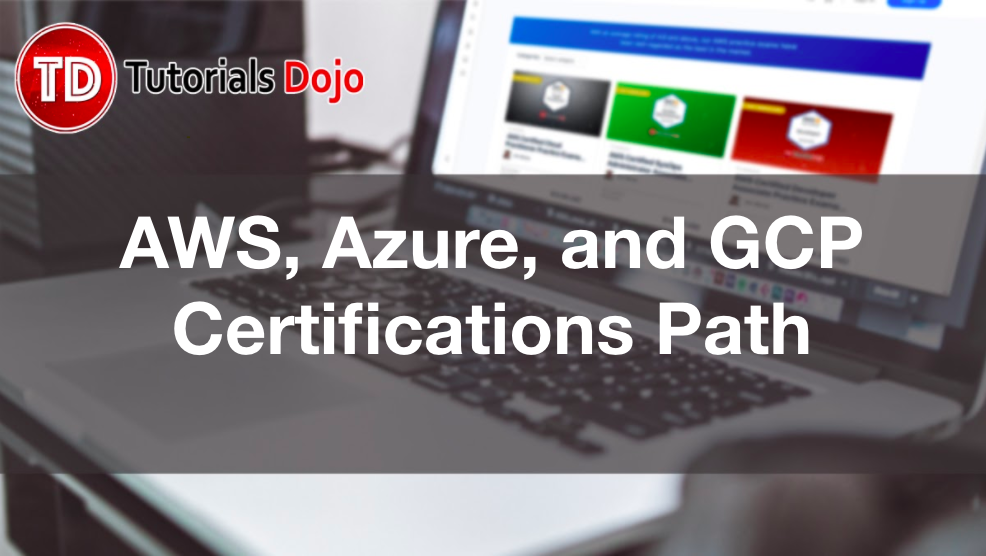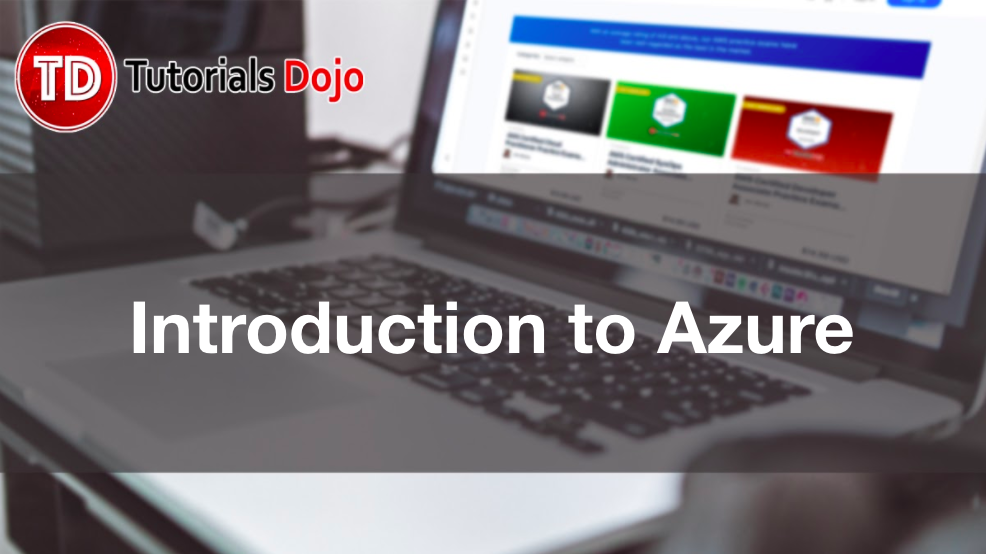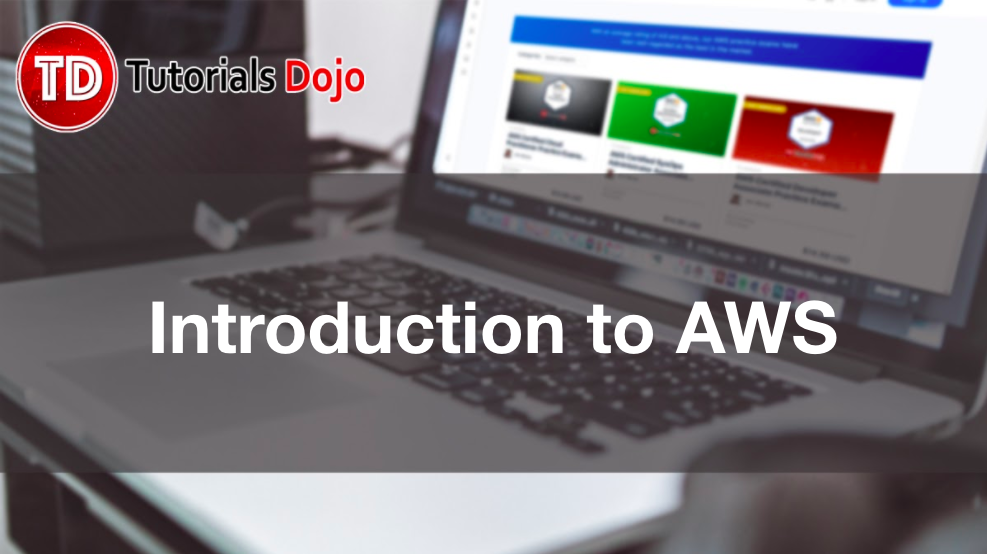Azure Container Instances (ACI)
Jon Bonso2025-11-19T04:07:17+00:00Azure Container Instances Cheat Sheet Run containers without managing servers. For event-driven applications, quickly deploy from your container development pipelines, run data processing, and build jobs. Azure Container Instances is a regional service. Features Containers have less overhead than VMs and can be deployed consistently. All the dependencies for an application are included in the container image. Applications running in containers can be deployed easily to multiple operating systems and hardware platforms. Select an image source using Quickstart images, Azure Container Registry, and Docker Hub. Create a container image only when you need it and process data on-demand. You can [...]




